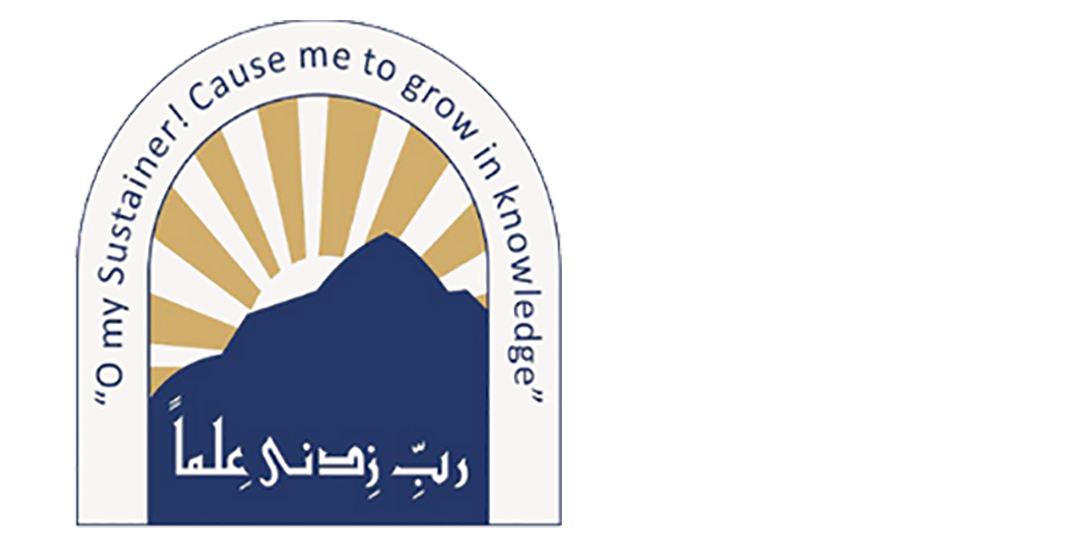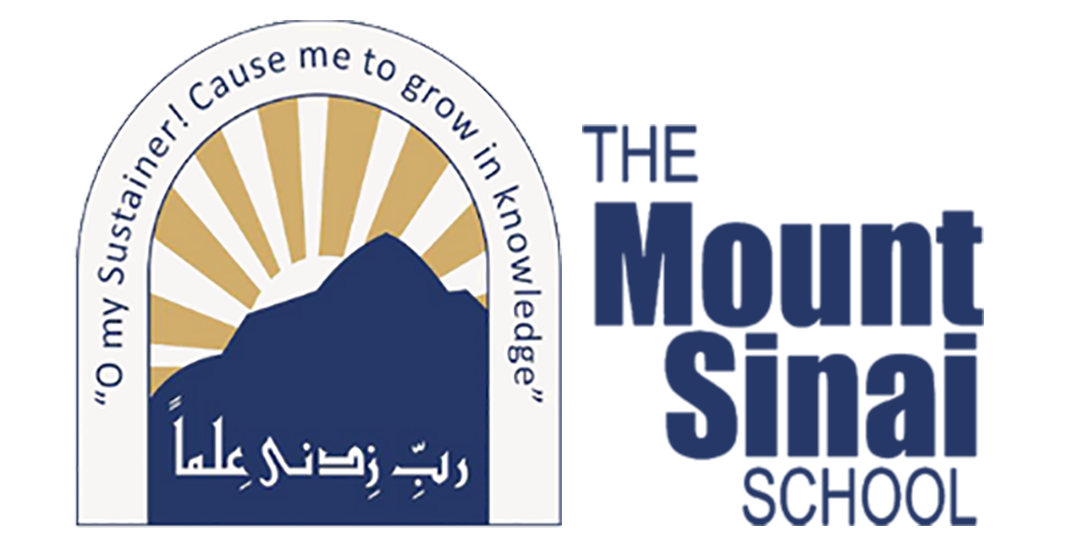
In today’s fast-paced world, many parents worry about how to raise children who are both successful in academics and strong in morals. The problem is that while schools often focus on grades and achievements, they sometimes overlook the foundation of character and discipline that children need to thrive in life. Without these values, students may struggle with respect, patience, and responsibility as they grow older. This is why Islamic values build character they provide children with timeless guidance that shapes their morals, strengthens their discipline, and helps them grow into balanced individuals.
This is where the beauty of Islamic values comes in. Rooted in the teachings of the Quran and the life of Prophet Muhammad (SAW), Islamic values offer timeless guidance for building strong character and self-discipline. By weaving these principles into education, schools like Mount Sinai School are shaping not just bright minds but also compassionate, disciplined young Muslims who are ready to lead with integrity.
The Foundation of Character in Islam
Character is the backbone of a person’s identity, and Islam places great emphasis on developing it from a young age. Good character means more than just manners; it includes honesty, kindness, respect, and a sense of responsibility toward others.
When children are taught these values in school, they begin to understand that success is not only about grades but also about how they treat others. Mount Sinai School, for instance, integrates faith-based education with modern learning, helping students balance knowledge with moral development.
Honesty as a Core Principle
Islam teaches that honesty is one of the most important traits of a believer. A student who practices honesty learns to admit mistakes, avoid cheating, and earn trust from peers and teachers. This honesty builds confidence and self-respect.
Respect for Parents and Teachers
Respect is deeply valued in Islamic teachings. When children are taught to respect parents, teachers, and elders, they develop humility and gratitude. This respect creates a healthy learning environment where students listen, engage, and grow.
Responsibility in Daily Life
From prayer to schoolwork, Islam encourages responsibility. Teaching children to manage their duties at home and in school builds discipline. They learn that fulfilling responsibilities is a form of worship, not just a task.
Discipline Through Islamic Teachings
Discipline is not about strict rules; it is about self-control and consistency. Islamic teachings provide a clear framework for practicing discipline in everyday life.
By incorporating daily routines like Salah (prayer) and fasting, students learn patience, time management, and perseverance. At Mount Sinai School, these routines are encouraged alongside academics, ensuring students grow in both worlds.
The Role of Prayer in Discipline
Salah teaches children to follow a schedule, remain mindful, and connect with Allah. Praying five times a day instills the habit of consistency, which later reflects in their studies and personal lives.
Fasting and Self-Control
During Ramadan, fasting becomes a lesson in patience and discipline. Children learn to manage hunger and emotions, teaching them resilience and inner strength.
Avoiding Negative Habits
Islam also guides children to avoid harmful habits such as lying, gossiping, or wasting time. This conscious effort builds willpower, helping students stay focused and disciplined.
Islamic Values in Education
Education without values is incomplete. Schools that include Islamic principles in their curriculum create an environment where students learn to balance worldly success with spiritual growth.
At Mount Sinai School, the integration of Islamic teachings with modern education ensures that students are not only excelling academically but also growing as disciplined individuals with strong character.
Balancing Knowledge and Faith
Faith-based education teaches children that knowledge is a blessing from Allah. This mindset keeps them humble and prevents arrogance, even when they excel academically.
Learning Through Role Models
The Prophet Muhammad (SAW) is the best role model for character and discipline. Stories from his life teach children compassion, fairness, and responsibility in a relatable way.
Building Lifelong Habits
When schools emphasize Islamic values, students develop habits that last a lifetime. Whether it is kindness, respect, or self-discipline, these values become part of their personality.
Benefits of Discipline in Student Life
Discipline has a direct impact on student success. Children who practice discipline are more likely to achieve their goals, build strong relationships, and stay motivated.
At Mount Sinai School, co-curricular activities, sports, and leadership programs are designed to reinforce discipline while keeping learning enjoyable.
Academic Success Through Discipline
Disciplined students manage their time effectively, prepare for exams on schedule, and avoid last-minute stress. This approach results in better grades and confidence.
Discipline in Sports and Teamwork
Sports are a natural way to practice discipline. Through teamwork, practice sessions, and healthy competition, students learn cooperation and perseverance.
- Improves focus and attention
- Builds teamwork and leadership
- Encourages patience and resilience
Discipline in Daily Routines
Simple routines like completing homework on time, respecting class rules, and being punctual shape a student’s personality. These small acts of discipline prepare them for bigger responsibilities in the future.
Building Future Leaders with Islamic Character
Strong character and discipline are the cornerstones of leadership. Students who embrace Islamic values grow into adults who are confident, trustworthy, and compassionate leaders.
Mount Sinai School is committed to nurturing such leaders by blending academic excellence with moral development, ensuring students can lead with both knowledge and faith.
Leadership Through Responsibility
Islam teaches that leadership is a trust. Students learn to handle responsibilities fairly, whether in class, at home, or in society.
Compassion as a Leadership Trait
A true leader cares for others. By teaching compassion, schools help students understand that leadership is about service, not power.
Integrity in Leadership
Integrity, rooted in honesty and discipline, makes leaders trustworthy. Students who practice these values gain respect and inspire others to follow them.
Conclusion
Islamic values are more than just teachings; they are tools for shaping strong, disciplined, and compassionate individuals. By learning honesty, respect, responsibility, and self-control, students develop a character that guides them throughout life. Mount Sinai School takes pride in combining faith-based education with academic excellence to nurture future leaders who are grounded in Islamic teachings.
If you want your child to grow with both knowledge and values, Mount Sinai School is the right choice. Together, let’s build a generation of disciplined, morally strong, and successful young Muslims.

